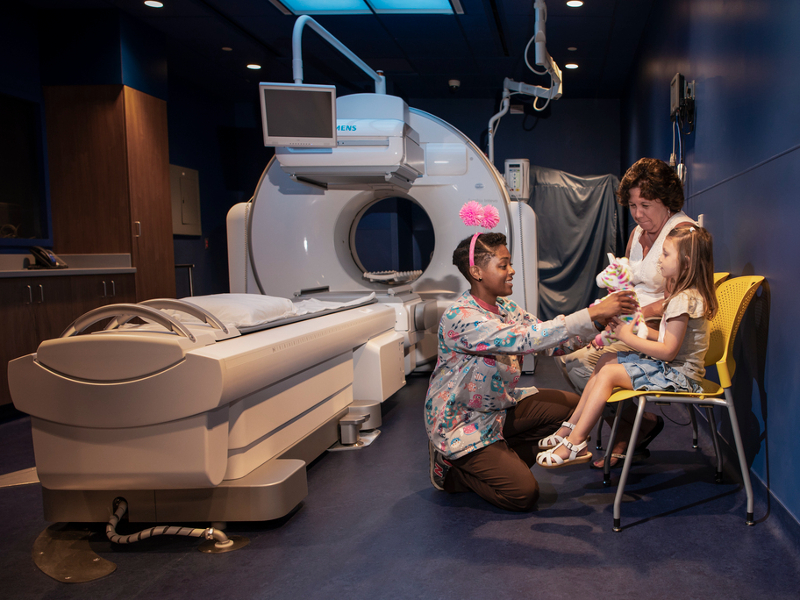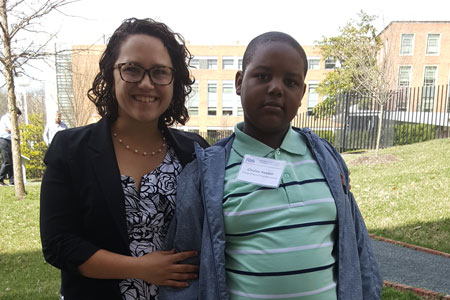Treatment
Pediatric Biopsy
What You Need to Know
A biopsy is a procedure in which a doctor places a small hollow needle through the skin and into the area of interest to take out tissue samples or fluid (called specimens). Specimens are sent to the laboratory for analysis. This provides a definitive diagnosis of the selected tissue. Frequently biopsied areas include the bone, liver, thyroid, kidney and other organs.
Frequently Asked Questions
How is a biopsy performed for children?
Will my child be awake during the biopsy procedure?
Will my child be in any pain after the biopsy procedure?
How long does a biopsy in children take?
What risks are associated with a biopsy in children?
What can I expect after my child's biopsy?
Are there any activity restrictions after a biopsy in children?
When can my child bathe after a biopsy?
Xavion's Story
Sometimes a mom's intuition is all it takes to get her child to the right physician. When 8-year-old Xavion Chisley developed a fungal infection on his toe, his mother, Nikki, immediately took him to see a dermatologist who removed his toenail to treat the infection. However, when Xavion's toenail grew back, the infection had not diminished but actually appeared to be spreading to his foot.
Departments that Offer Biopsy

Interventional Radiology
Children's National interventional radiologists perform a full range of minimally invasive, image-guided procedures to both diagnose and treat disease in infants, children and adolescents. Learn more about how we help children in our care.

Help Kids and Make a Difference
Invest in future cures to help children have brighter futures.






